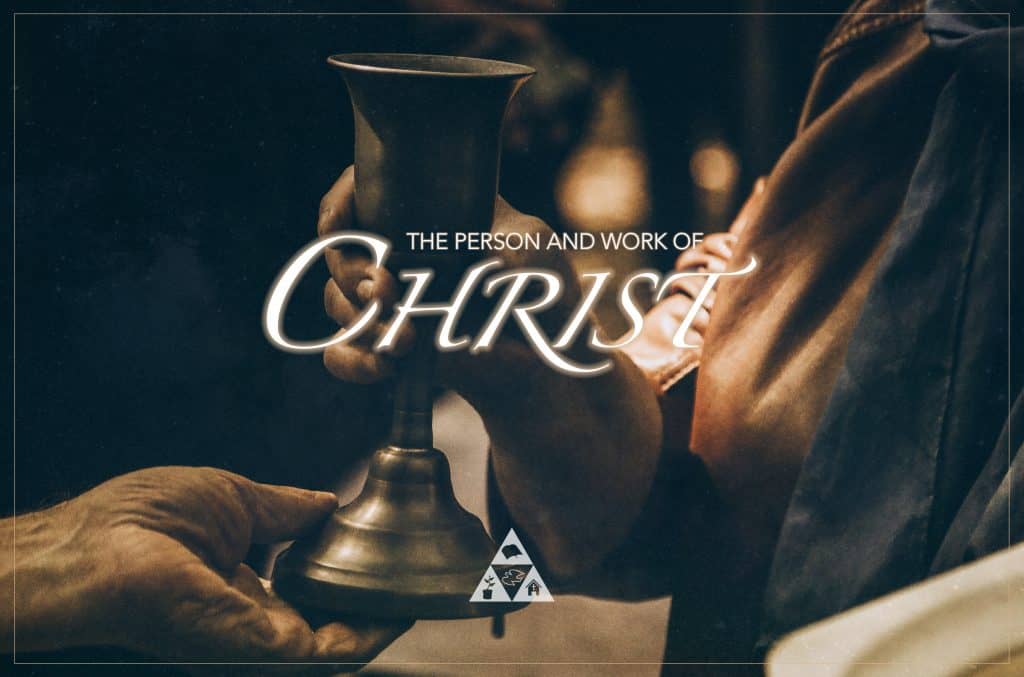⏱️ Estimated Reading Time: 5 min read
“And Asaph begat Josaphat; and Josaphat begat Joram; and Joram begat Uzziah; and Uzziah begat Joatham; and Joatham begat Ahaz; and Ahaz begat Hezekiah” (Matthew 1:8-9). Many devout Bible reader’s eyes have glazed over by the midpoint of the genealogy of Christ in Matthew 1. Even though we understand that who fathered who is important because it’s included in the Bible, the generational heritage that spans the first sixteen verses of Matthew is not a page-turner.
In this season of Advent as we expectantly, “wait for our blessed hope, the appearing of the glory of our great God and Savior Jesus Christ (Titus 2:13),” let’s reflect on how He came to us. There is a temptation to devalue the genealogy of Christ and even skip it altogether. What can we learn from examining this family tree? Let us consider how the lineage of Christ reflects what God values.
Christ’s kingdom welcomes diversity.
As we anticipate Christ’s Second Coming for His people, we can be encouraged by His lineage including people of different ethnicities, genders, and socioeconomic positions. The lineage of Christ includes a mixture of a few usual suspects but mostly a motley crew.
If you believe all Christians look, think, act, and speak a certain way, you are mistaken. You don’t know Christianese? No problem. You weren’t raised in a Christian home? Come anyway. All your relatives claim a different religious affiliation? You are welcome. You don’t think you’re good enough? None of us are. There is space in the Kingdom of God for the outsider.
The genealogy of Christ includes ethnic, moral, and gender outcasts. The line consists of a prostitute (Rahab), an adulterer (David), a foreigner (Ruth), a victim (Tamar), and a liar (Jacob), to name a few. God’s family represents a mixture of people from every tribe, tongue, and nation (Revelation 7:9). We are united in Christ alone, in our helplessness to save ourselves apart from His redemptive work. There is no pre-qualifying condition to belong to the family of God. Only repentance and belief.
Christ’s genealogy transcends biology.
Christ will come back for His people, and His people are diverse. You can’t get there through biology alone. When we think of genealogy, we think of bloodlines. But Matthew’s account of Christ’s genealogy goes through Joseph, the legal but not biological father of Jesus.
John 7:42 says, “Has not the Scripture said that the Christ comes from the offspring of David, and comes from Bethlehem, the village where David was?” The Messiah was to be a direct descendant of David, and Matthew’s genealogical record links Jesus to David through His adoptive father, Joseph (Matthew 1:16).
Adoption has always been part of God’s plan. It’s not a plan B scenario. It’s not less than. It’s not secondary. It’s not even almost or not quite. The real and legitimate family of God is for those who share a spiritual heritage, not bloodlines.
We are part of the great family of God because of adoption. Ephesians 1:5 teaches, “He predestined us for adoption to Himself as sons through Jesus Christ, according to the purpose of His will.” We are the adopted sons and daughters of our king. Just as Jesus was loved and cared for by His adoptive father, Joseph, we experience the same benefits and more from our adoptive Father. We have a rich and beautiful inheritance because of our adoption. Our theology is displayed in our genealogy.
Christ’s coming follows his people’s waiting.
42 generations exist between Abraham and Jesus. 42 generations of waiting. 42 generations of working, praying, rebelling, repenting, wandering, worshiping, looking, hiding, and waiting. And then a baby’s cry in a humble manger.
The Old Testament ends and 400 years go by in silence with no word from God. 400 years of waiting. 400 years of quiet. And then an angel appears to Zechariah the priest announcing new life (Luke 1:13). John the Baptist would be born to prepare the people for the coming Messiah.
We join our ancestors in waiting for our king. While they waited for Christ’s first coming, we wait for His second coming. The wait is not a waste, it’s purposeful, ordained, and God-glorifying. And it’s worth it. Isaiah 25:9 says that when Christ returns, His people will say, “Behold, this is our God; we have waited for Him, that He might save us. This is the Lord; we have waited for Him; let us be glad and rejoice in His salvation.”
Christians eagerly await our king, our glory, and our salvation. We anticipate His making all things new. We long for a world reconciled to Himself. We wait for our Father.
This Advent, as we focus on our anticipation of the coming kingdom and our inheritance, let’s reflect on our rich lineage. It’s valuable to know the diverse group of saints that were redeemed and granted the great privilege of becoming a part of this rich lineage. It makes our wait sweeter as we celebrate God’s grace in the lives of our ancestors and rejoice as recipients of that same grace. It’s good to see the value of adoption from our Lord’s perspective as used in his own son’s life and ours. All of this should lead us to praise God for his sovereignty in all things, along with how He uses our waiting time to accomplish His good plans.
“At that time the sign of the Son of Man will appear in the sky, and all the nations of the earth will mourn. They will see the Son of Man coming on the clouds of the sky, with power and great glory. And He will send his angels with a loud trumpet call, and they will gather His elect from the four winds, from one end of the heavens to the other (Matthew 24:30-31).”
Maranatha. Come, Lord Jesus!



